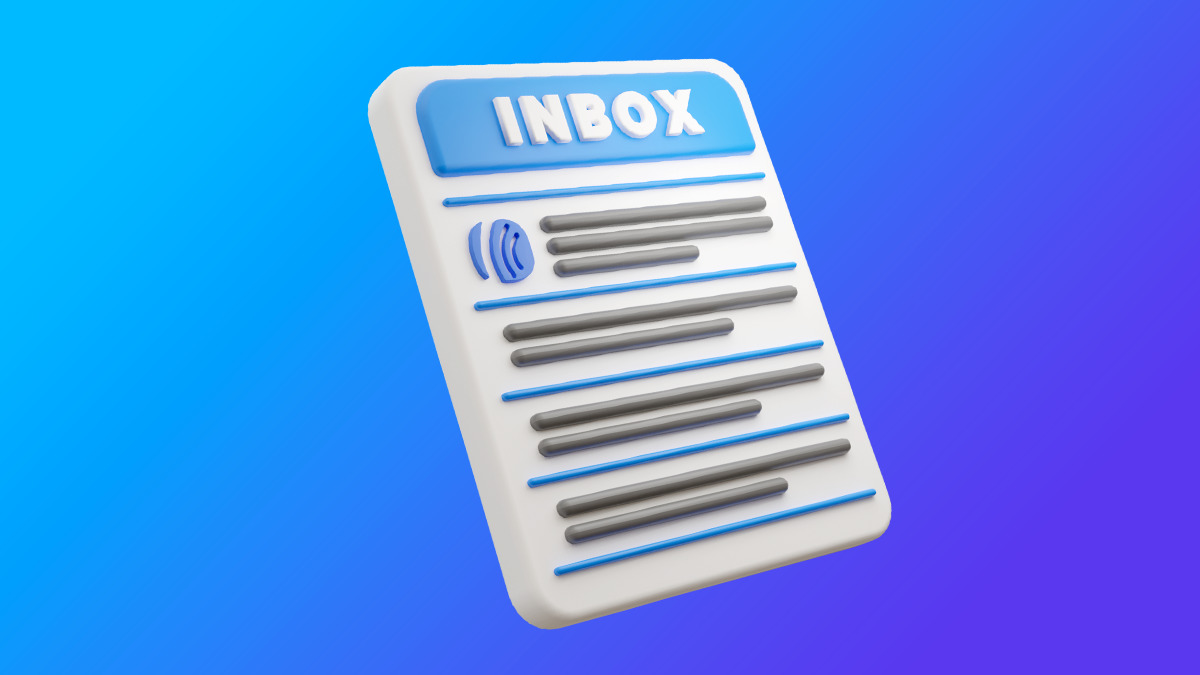
Security: every business needs it. Not every business prioritizes it.
But just this month, Google announced a plan to make it even easier for brands to send secure email — helping their recipients feel confident they’re getting mail from you (and not someone pretending to be you).
Google’s announcement is about its support for BIMI in Gmail. And Google’s not alone — Yahoo! Mail also supports the email and brand security protocol.
Plus, AWeber already has built in support for email authentication and BIMI — so you can start taking advantage of the benefits BIMI offers right now.
But first, what is BIMI and what does it mean for you?
BIMI stands for Brand Indicators for Message Identification. BIMI lets email recipients view certified brand logos for messages sent by fully authenticated senders.
With BIMI, brands are able to associate their logos with messages, and have full control over which logo is displayed as their email avatar. This helps guard the consumer against fraud.
As an added bonus, it also helps to establish more brand recognition and visibility.
In order to participate in BIMI, the first step is to become a fully authenticated email sender.
How do I authenticate my emails for BIMI?
With AWeber, it’s easy for you to participate in BIMI, as our platform already supports sending fully authenticated email.
AWeber users who send mail with a custom domain name are already encouraged to set up SPF and DKIM to authenticate their email messages. Senders who also publish a DMARC policy are ready for BIMI by referencing a verified, trademarked logo.
Not familiar with SPF, DKIM and DMARC? Here’s what you need to know:
- DKIM stands for DomainKeys Identified Mail. It is technology that allows email authentication and helps stop spam and phishing email attacks.
- DMARC stands for Domain-based Message Authentication, Reporting & Conformance. It is the current policy for email authentically and helps Internet Service Providers protect themselves from spammers pretending to send emails from their network.
- SPF stands for Sender Policy Framework. It is a technique used to authenticate commercial emails and prevents spammers from sending emails with a forged name.
Ultimately, these three ways to authenticate emails help prevent spam, phishing and forging. Taking steps to ensure your emails are authenticated will help you get up and running with BIMI in no time.
We put together a complete checklist to help guide you in setting up BIMI. Follow these steps and you’re well on your way to peace of mind in the inbox.
BIMI Checklist
If you’re an AWeber customer, you can take the following steps to get set up.
- Configure your domain for sender authentication at AWeber with SPF and DKIM records
- Publish a DMARC policy
- Publish a BIMI record with a link to your verified brand mark/logo
- Validate your logo with a verified mark certificate (see Digicert and Entrust)
We’re here to help
AWeber is passionate about helping our users send authenticated and permission-based emails. Please contact our customer solutions team for support as you get started with BIMI.
The post Another Layer of Security: Google Announces BIMI for Gmail Support appeared first on AWeber.
from AWeber https://ift.tt/3eMGgNH
via IFTTT
No comments:
Post a Comment